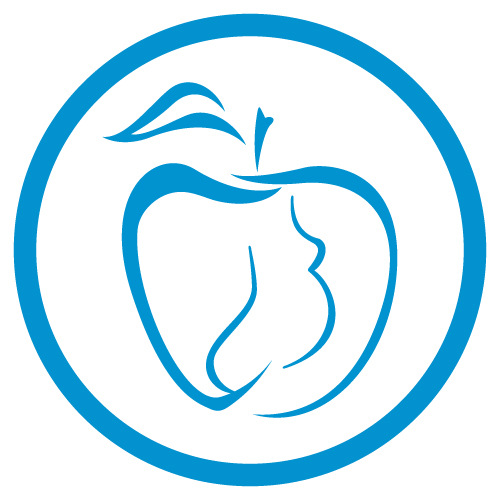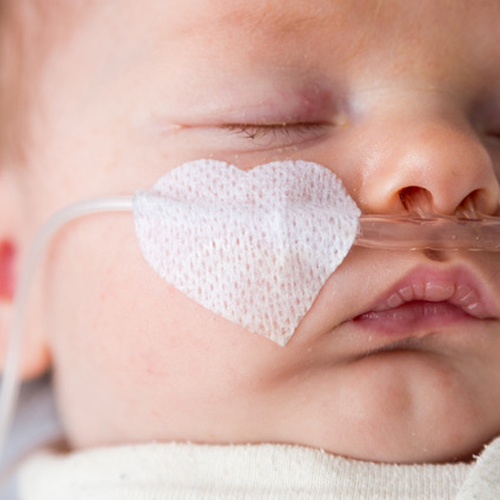 Postpartum Online Course(s) & Continuing Education
Postpartum Online Course(s) & Continuing Education
Access the latest clinical skills and research for Postpartum for Access the latest Pregnancy, Labour & Childbirthprofessional training. These Postpartum online courses provide practice-changing skills and valuable perspectives from leading global experts. This Postpartum education has been accredited for a variety of CEUs / CERPs and can be accessed on-demand, at your own pace.
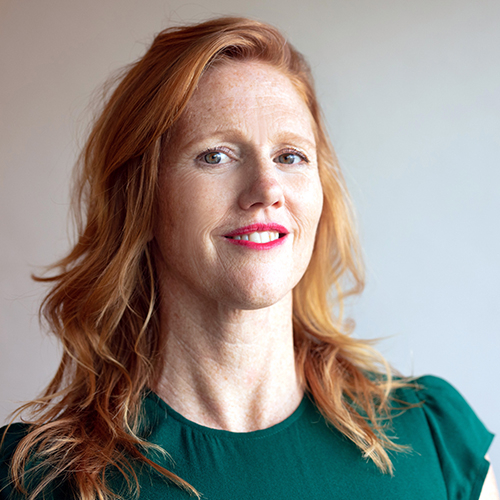

Kimberly is a Sexological Bodyworker, Somatic Experiencing trauma resolution practitioner, Structural Integration practitioner, culture worker, and single mom. She specializes in helping women heal from birth injuries, gynecological procedures and sexual boundary ruptures. She is the author of the early mothering classic The Fourth Trimester: Healing Your Body, Balancing Your Emotions and Restoring Your Vitality and Call of the Wild: How We Heal Trauma, Awaken Our Own Power and Use It for Good- a feminist nervous system treatise, as well as the newly released Reckoning, co-authored with Stephen Jenkinson. She is the host of the Sex Birth Trauma podcast.
Somatic Experiencing is a body-oriented therapeutic model that supports the regulation of the autonomic nervous system. Reframe your approach to the fourth trimester by learning how to work with your client’s physiology to promote healing. Learn more about the four domains of health that influence the postpartum experience, the five cross-cultural universal postpartum needs and the five channels of inner and outer experience, as a tool to help clients get out of looping cycles of shame and blame.
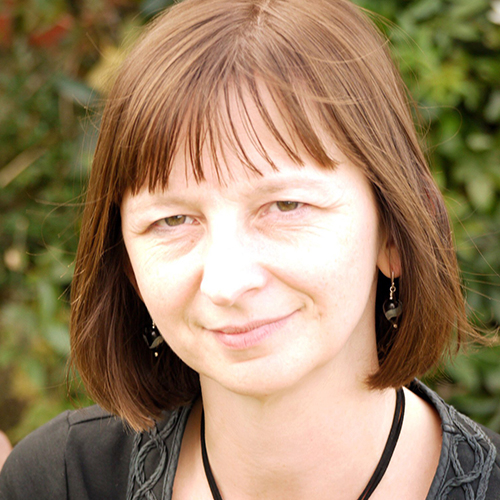

Sarah is a Registered General Nurse, Health Visitor, International Board Certified Lactation Consultant and Tongue-tie Practitioner with a busy private practice based in Cambridgeshire, UK. Sarah is a founder member and former Chair of The Association of Tongue-tie Practitioners and has written a book for parents and professionals, ‘Why Tongue-tie Matters’. Sarah lectures nationally and internationally on infant feeding and tongue-tie.
Topic: COVID-19 and Implications for Tongue-Tie Division in Infants - [View Abstract]
Topic: Is This a Tongue-Tie: How Do We Decide? - [View Abstract]
Topic: The Elephant In The Room - Bleeding Post Tongue-Tie Division - [View Abstract]
This presentation will explore how tongue-tie impacts feeding in infants. Learn more about what we know about tongue function in relation to infant feeding and how this informs our assessment of babies who are having difficulty with feeding.
The various tools available to assess for tongue-tie in infancy will be explained, highlighting the key functional deficits to observe for. The rationale for treatment in infants, the procedures used to treat tongue-tie in babies, and the potential complications arising from treatment and treatment efficacy will be discussed.

View Details / Enroll
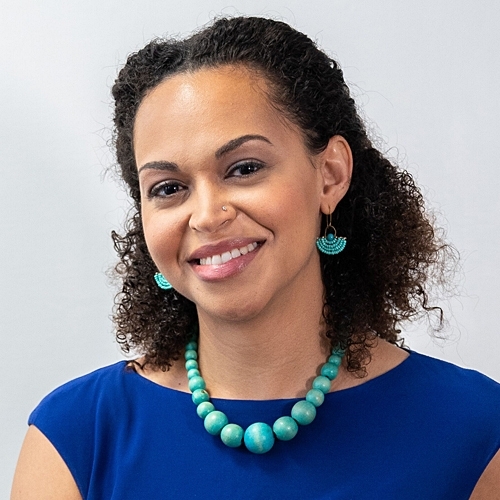
Can Broths and Baths Help the Baby Blues? Where Indigenous Wisdom Meets Functional Medicine

Ihotu Jennifer Ali, MPH, LMT, CLC (she/her) is a doula, public health educator, researcher, and integrative massage therapist specializing in myofascial release therapies including the Arvigo Techniques of Maya Abdominal Therapy®, Craniosacral Therapy, Prenatal, and Infant Massage as a Spinning Babies Aware Practitioner®. She is founder and owner of Black Moon Bodywork, LLC which offers massage therapy blended with health coaching in integrative and indigenous practices to support hormone balance, digestion, sexual and reproductive health, and reproductive justice.
Ihotu’s decade of experience in femme and family health includes years as a DONA certified birth doula and lactation counselor, prenatal yoga teacher and dancer, rape crisis counselor, Institute for Integrative Nutrition coach, and director of pre-conception health programs funded by the March of Dimes. She has collaborated with midwives and physicians in Haiti, Nigeria, Congo, and Morocco, and worked in health policy and research with the U.S. Congress, Clinton Foundation, United Nations Millennium Development Goals, and Columbia University’s School of Public Health. Raised between Minnesota, New York City, and West Africa with respect for both indigenous and evidence-based medicine, Ihotu strives to offer innovative care that is affordable, consent- and trauma-informed, gender fluid and ancestrally rooted. Her writing, public speaking, and coaching brings together emerging science in hormones and gut-brain health, functional medicine, Reproductive Justice and Afrofuturism movements. She offers an intercultural commentary on the busy modern lifestyles, social pressures, and unresolved trauma often at the root of today’s chronic health conditions.
Indigenous practices around pregnancy, birth and postpartum have become wildly popular, and some even controversial, from rebozo belly sifting and Bengkung binding to herbal massage oils and vaginal steams. This presentation will dive deeper to explore the theories and assumptions behind certain lineages of indigenous postpartum care (Traditional Chinese Medicine, Mayan and Nigerian), their analysis of the postpartum body as in a “cold state,” and common warming foods and practices. We will also look at the theories behind functional medicine and compare the two perspectives – both ancient and emerging science - in their common view of the postpartum body as being in a depleted state in need of nourishment.
Given the lack of standard postpartum care and the high rates of postpartum depression and mood disorders, a family-oriented and public health approach is proposed here, at the intersection of both indigenous and functional medicine. Both early research and generational wisdom suggest that integrative postpartum care focusing on regular warm broths and baths, anti-inflammatory foods, and nourishing the hormonal, digestive and circulatory systems can relieve new parents’ swelling, joint pain, constipation, hot flashes, energy and mood, especially for those with health conditions, after a difficult pregnancy, or a long or traumatic birth.
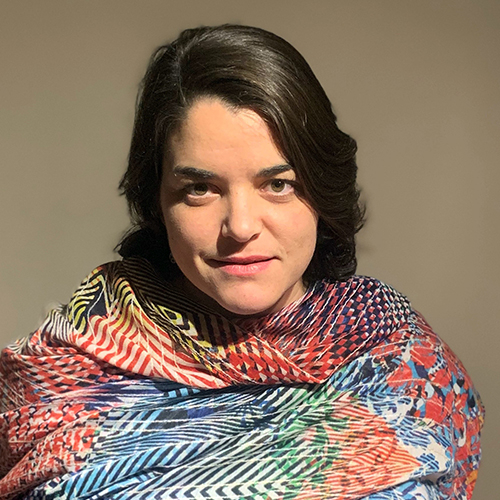
Clinical Assessment and Management of Jaundice in the Newborn

Mariana Colmenares Castano was born in Mexico City, and from an early age she was fascinated by animals and nature.She studied medicine at the National University of Mexico (UNAM), and foundher passion as a pediatrician doing her residency at the National Pediatric Institute. When her first child was born she witnessed the lack of knowledge and commitment to breastfeeding within the medical profession, and so she decided to specialize in breastfeeding medicine. She certified as a Lactation Consultant (IBCLC) in 2011.Mariana is a member of the International Lactation Consultant Association, the Academy of Breastfeeding Medicine, and a proud founding member of the National Lactation Consultant Association of Mexico (ACCLAM), where she served on the Board of Directors as Education Coordinator (2014-2019). She is part of board director for the Academy of Breastfeeding Medicine for a 3 year period (2019-2022) and recently named as secretary for the Academy of Breastfeeding Medicine. Mariana is a member of the team for Breastfeeding Country Index BFCI, a project from Yale University and Universidad Iberoamericana. She is consultant for the National Health Institute in Mexico and has collaborated with UNICEF in breastfeeding projects and part of the steering committee for the WHO. She has spoken at national and international conferences, co-published numerous articles and co-authored a chapter for the National Academy of Medicine. At the moment she is a Clinical Fellow in Community Paediatrics in London.
Topic: Breastfeeding The Baby With Congenital Heart Disease - [View Abstract]
Topic: Breastfeeding with Insufficient Glandular Tissue - [View Abstract]
Topic: Clinical Assessment and Management of Jaundice in the Newborn - [View Abstract]
Topic: Oral Colostrum Care as an Immunological Intervention in the NICU - [View Abstract]
The yellow colour on the skin and eyes in the newborn is called newborn jaundice, which is common and usually harmless. It develops often 2 days after birth and it must be ruled out during the newborn physical examination. However, in a small number of babies, being jaundiced can be due to a more serious underlying condition that needs to be assessed and urgently determined if treatment is needed as there could be a risk for brain damage. An early assessment and adequate support to the family is crucial to protect the breastfeeding dyad. Learn more about the risk factors and clinical features observed with neonatal jaundice and the current guidelines for treatment.
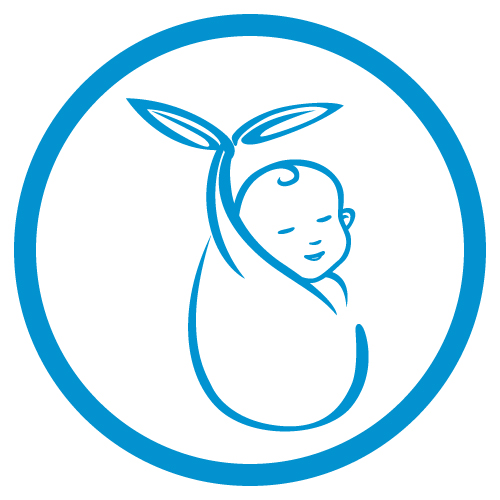
View Details / Enroll
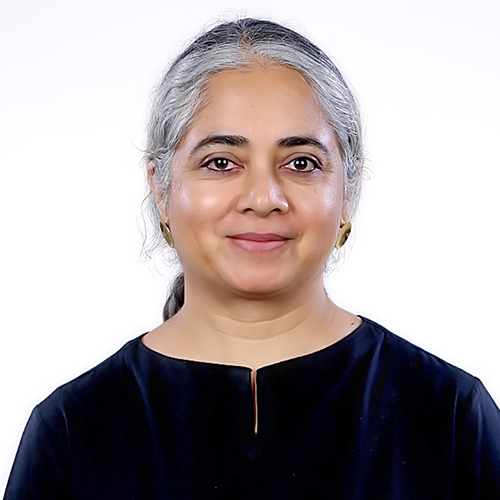
Creating A Care Plan for the Jaundiced Newborn

MBBS from Mysore Medical College Research Institute,Mysore , India1985-1990
DNB (Pediatrics) from Fr Muller Medical College, Mangalore, India 1994-1997
Advanced Training Program in Neonatal Intensive Care at Manipal Hospital Bengaluru, India
2014-2015
BPNI-IYCF 2017
IBCLC-2018
Certified infant massage instructor from IAIM 2020
Work experience:
In private pediatric practice from 1998-2014.
After NICU fellowship, worked at different hospitals in Bengaluru, India as a consultant pediatrician.
With over 2 decades of pediatric practice, neonatology training and an IBCLC qualification, i like to think that i am a baby friendly+breastfeeding friendly pediatrician in private practice in Bengaluru
My special interest is to help mothers and babies with their breastfeeding journeys, and i constantly update myself with current learning in the field.
Topic: Form and Function: Looking for Clues in Babies with Structural Issues Affecting Breastfeeding - [View Abstract]
Jaundice is an important problem in the first week of life. It is a cause of concern for the midwife and a source of anxiety for the parents. Jaundice is the most common morbidity in the neonatal period with nearly 60% of term newborn becoming visibly jaundiced in the first week of life. Preterm babies are at greater risk. While in most cases, it is benign and no intervention is required, approximately 5-10 % of newborns have clinically significant hyper-bilirubinemia mandating the use of phototherapy .
Neonates who are exclusively breastfeeding have a different pattern and degree of jaundice as compared to artificially fed babies. Because high bilirubin levels may be toxic to the developing central nervous system and may cause neurological impairment even in term newborns, it is important to know how to determine if a baby is significantly jaundiced, risk factors involved and when treatment is indicated.

View Details / Enroll
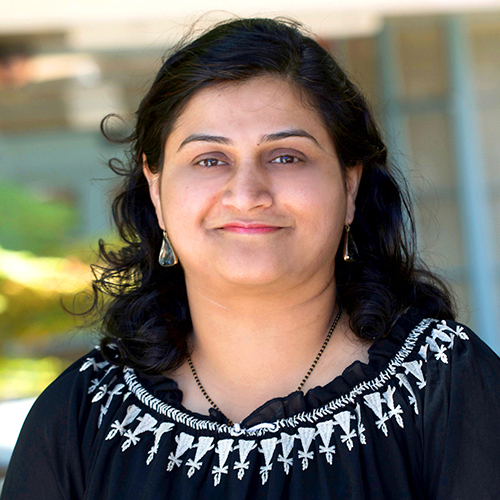
Critical Congenital Heart Disease: A Guide to Screening & Management

Consultant neonatal pediatrician with special interest in neonatal nutrition, probiotics, gut-brain-microbiota axis and long-term neurodevelopment. Dr Jape leads the high-risk neonatal follow-up program for her tertiary referral institute. Currently the chair for the Perinatal Society of Australia and New Zealand long-term outcomes sub-committee. Dr Jape is Clinical Associate Professor at the School of Medicine, University of Western Australia. Dr Jape is reviewer for national and international medical journals.
Topic: Critical Congenital Heart Disease: A Guide to Screening & Management - [View Abstract]
Topic: Gut-Microbiota-Brain Axis in Neonates and Infants - [View Abstract]
Critical congenital heart defects (CCHDs) are serious malformations that are an important cause of neonatal mortality and morbidity. The clinical presentations of CCHD are shock, cyanosis, or respiratory distress, which may be similar to that of other neonatal conditions.
Failure to diagnose these conditions early on after birth may result in acute cardiovascular collapse and death. Simple screening methods have been found to be efficient in distinguishing newborns with CCHD and other hypoxemic illnesses, which may otherwise be potentially life-threatening. Risk factors, symptoms, screening methodologies and indications, and proper management strategies will be discussed.

View Details / Enroll
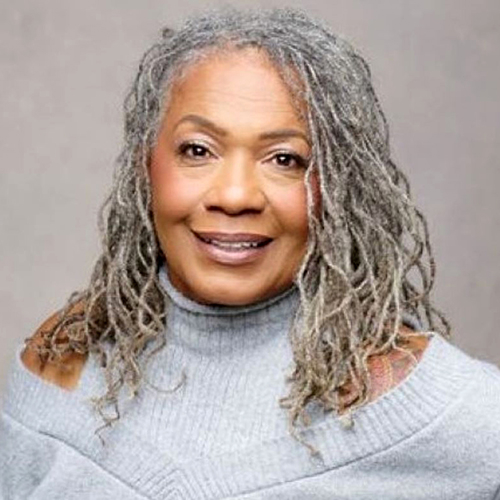
Establishing Breastfeeding and Bonding in the Post COVID Hospital Setting

Tanya Singleton is a registered nurse with over 40 years of experience in Maternal-Child nursing as a Labor and Delivery nurse, certified in High-Risk Perinatal nursing, an IBCLC lactation consultant and Lamaze childbirth educator. She retired as United States Army Nurse Corp officer in 2003 and began working in private practice as a lactation consultant and childbirth educator. She has run several community non-profits in the Fredericksburg, Virginia area that dealt with issues related to women's and children's health promotion and illness prevention. She is immediate past Chair of the State of Virginia Breastfeeding Advisory Committee, and is currently Chair of Postpartum Support Virginia Board of Directors.
Tanya is committed to quality education and lifelong learning, and has taught maternal-child and pediatric nursing to students in the Rappahannock Region of Virginia, sharing her various clinical anecdotes in classroom and in labs. She is an advocate for equity in maternal healthcare for women of color and early detection of perinatal mood disorders. She is owner and proprietor of The Baby Whisperer, providing in-home support in childbirth education, breastfeeding and parenting.
She is the mother of a blended family of five adult children and Nana to four.
Topic: Establishing Breastfeeding and Bonding in the Post COVID Hospital Setting - [View Abstract]
Topic: How to be Part of the Solution: The Effects of Intergenerational Trauma on Perinatal Persons of Color - [View Abstract]
Since the beginning of recorded birth experiences, babies have been placed in their mother's arms immediately after birth. At the turn of the 20th century, hospital births began to become the norm, and "sterile" procedures removed the immediacy of this critical juncture. What does 21st century hospital birth hold in this post-pandemic healthcare environment? ? How do we promote, protect and enhance the birth experience in Labor and Delivery to support bonding and breastfeeding?
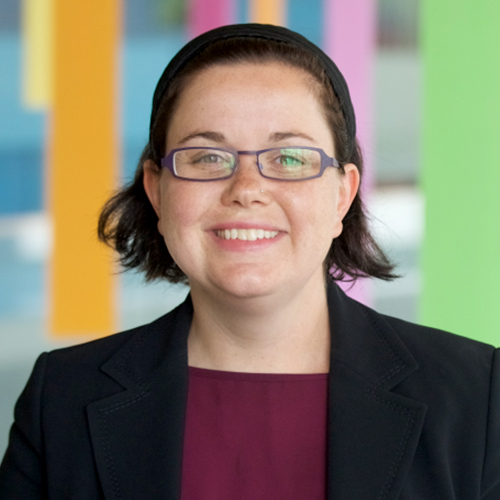

Topic: How Low Is Too Low? Managing Newborn Hypoglycemia - [View Abstract]
This lecture will describe the normal physiology of infant blood sugar regulation before diving into a detailed conversation about neonatal hypoglycemia. We will explore risk factors for hypoglycemia as well as observation, management and treatment protocols for infants experiencing symptomatic and asymptomatic low blood sugars in the newborn period.

View Details / Enroll
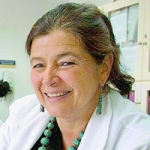
Kangaroo Mother Care Now and Then: 30 Years of KMC Clinical and Research Experience in a Developing Country

Dr Nathalie Charpak is currently the scientific coordinator and an attending paediatrician at the Kangaroo Mother Care program of the San Ignacio University Hospital. In addition, she is a founding member, senior researcher and director of the “Fundacion Canguro” in Bogotá, Colombia since 1994. Dr Charpak received her M.D. from the “Paris Sud” University and her paediatrician diploma from “Rene Descartes” University in Paris, France. She migrated in 1986 to Colombia where she validated her title as Paediatrician and begin in 1989 to work on the evaluation of the Kangaroo Mother Care (KMC) program. She is now a Colombian citizen. With several colleagues she founded in 1994 the “Fundacion Canguro” in Bogotá, an NGO devoted to research, teaching, training and direct medical care related to KMC method for premature infants that besides conducting large clinical trials on KMC has been actively disseminating the method mainly in low and middle income countries in Latin America, South East Asia, India, Africa and Eastern Europe. In 1996 in Trieste Italy she was among the group of international researchers, physicians and nurses who founded the International Kangaroo Network -INK- an international alliance devoted to collaborating, enhancing and disseminating the KMC method. Dr Charpak continues to work as an attending paediatrician in the KMC program and his current research interest is in integrative methods for summarizing and putting into action what is known about KMC in the form of evidence-based clinical practice guidelines. She is also recently involved as coordinator in conducting evaluations of long term (adolescents and young adults) neurodevelopment outcomes in preterm infants exposed or not exposed to KMC during the neonatal period.
The Kangaroo Mother Care (KMC) Method is primarily targeting the preterm and/or LBW infants once they are stabilized and adapted to extra-uterine life. KMC has three mayor components: kangaroo position (KP) or direct skin-to-skin contact between the mother and the baby; the kangaroo nutrition (KN) based on exclusive breastfeeding and the kangaroo discharge policies: early discharge in KP at home or in a KMC ward under strict follow up. KMC is a tool for humanization at all levels of neonatal care. There is sound scientific evidence for the effectiveness and safety of KMC in terms of mortality, early infectious morbidity, development, promotion and maintenance of breastfeeding. Also, there is evidence for the beneficial effects of KMC on establishing healthy bonding between mothers and infants. Many health professionals consider KMC as a means of protecting the immature brain when it is the most fragile and the results of our long term follow up are supporting this hypothesis.

View Details / Enroll
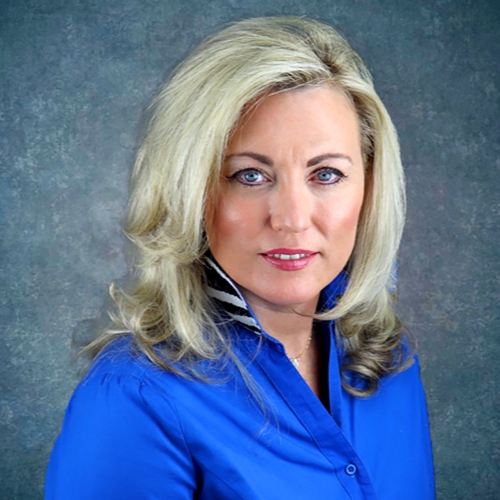
Module 1 - Obtaining a Complete Neonatal History

Dr. Leigh Ann Cates-McGlinn's academic qualifications include a Doctor of Philosophy (PhD) from The Graduate School of Biomedical Sciences at the University of Texas Medical Branch Galveston, Texas, Master of Science in Nursing (MSN) from The Medical University of South Carolina, Charleston, SC, an Associates in Applied Science (AAS) - Nursing and Respiratory Care each from Odessa College in Odessa, Texas. She maintains national certification as a Neonatal Nurse Practitioner (NNP-BC) and registered respiratory therapist (RRT) and is recognized by North Carolina Board of Nurse Examiners as a Registered Nurse (RN) and Advanced Practice Registered Nurse (APRN). Dr. Cates-McGlinn also holds a subspecialty certification in pediatric and neonatal respiratory care (NPS) and is certified as a healthcare simulation educator (CHSE). She has over 25 years of clinical experience; over 11 years are as neonatal nurse practitioner (NNP). Academically, she has taught over 11 years in NNP programs across the country. Dr. Cates-McGlinn specializes in research, presentations, workshops, and courses using hi-fidelity simulation and neonatal procedure labs. She is recently published and serves as reviewer for multiple healthcare journals. For more information please visit http://leighannmcglinn.myefolio.com
Topic: Module 10 - Genitourinary Assessment - [View Abstract]
Topic: Module 2 - Assessment of Gestational Age - [View Abstract]
Topic: Module 3 - Integumentary Assessment - [View Abstract]
Topic: Module 4 - Neurological Assessment - [View Abstract]
Topic: Module 5 - Musculoskeletal Assessment - [View Abstract]
Topic: Module 6 - Assessment of the Head, Eyes, Ears, Nose and Throat (HEENT) - [View Abstract]
Topic: Module 7 - Respiratory Assessment - [View Abstract]
Topic: Module 8 - Cardiovascular Assessment - [View Abstract]
Topic: Module 9 - Abdominal Assessment - [View Abstract]
A complete neonatal history is vital to aiding the provider in the development of an accurate plan of care. It also serves as a tool to evaluate for real or potential issues or complications. In this module we will discuss the significance and timing of gathering a history, the primary features included in a neonatal history and will lay the foundations for the development of a differential diagnosis or initial impression.




